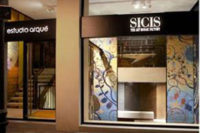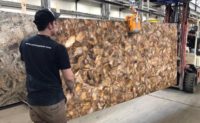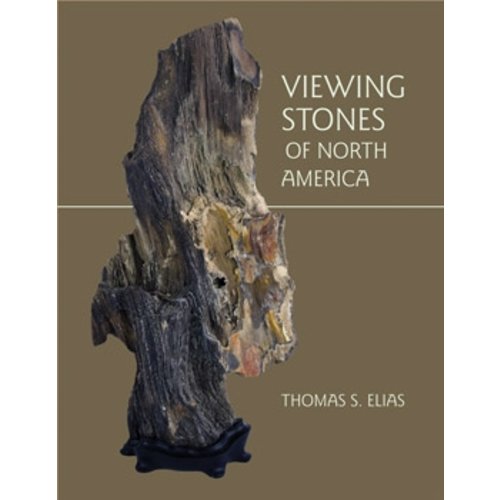A fantastic evening dedicated to the world of design and targeted at architects, interior designers and developers marked the opening of a new Australian outpost for Lapitec, producer of the sintered stone of the same name. Lapitec has been present in Australia since January 2021 with a headquarters and three logistics centers in Sydney, Melbourne and Perth.
The country is a key market for the company and the opening of the space at the Lux Marble showroom in Sydney is part of an expansion plan that includes research and development activities aimed at meeting the unique needs of this particular geographic area. According to regulations issued by the government body Safe Work Australia (SWA), specific characteristics are required for building materials, such as crystalline silica surfaces, the processing of which is restricted and regulated by strict rules, which also have an impact on the licensing of professionals in this field. These regulations are perfectly respected by Lapitec, which since 2022 has offered an entirely silica-free range, making it one of the few surfaces capable of responding to Australian needs first, and then international needs, to make exclusive use of innovative, non-harmful solutions for architecture, interior and landscape design.
Also available in large-size slabs up to 1540 x 3440mm, Lapitec can be used for indoor and outdoor environments, ventilated facades, flooring, underwater installations, or for the construction of kitchens and complements.
It is a natural, fully recyclable and sustainable material designed with the safety of people and the planet in mind. It combines the technical properties of state-of-the-art materials with the aesthetic qualities of natural stone. The slabs are full-body and identical throughout their thickness, which means that the surface can be worked with engravings, drainboards, holes and cuts with excellent results, without the need for prints. Lapitec is free of resins, inks and petroleum derivatives, and thanks to the special manufacturing process covered by 25 patents, it is non-porous, non-absorbent and is resistant and unalterable to temperature changes, UV rays and the use of chemicals or solvents.








